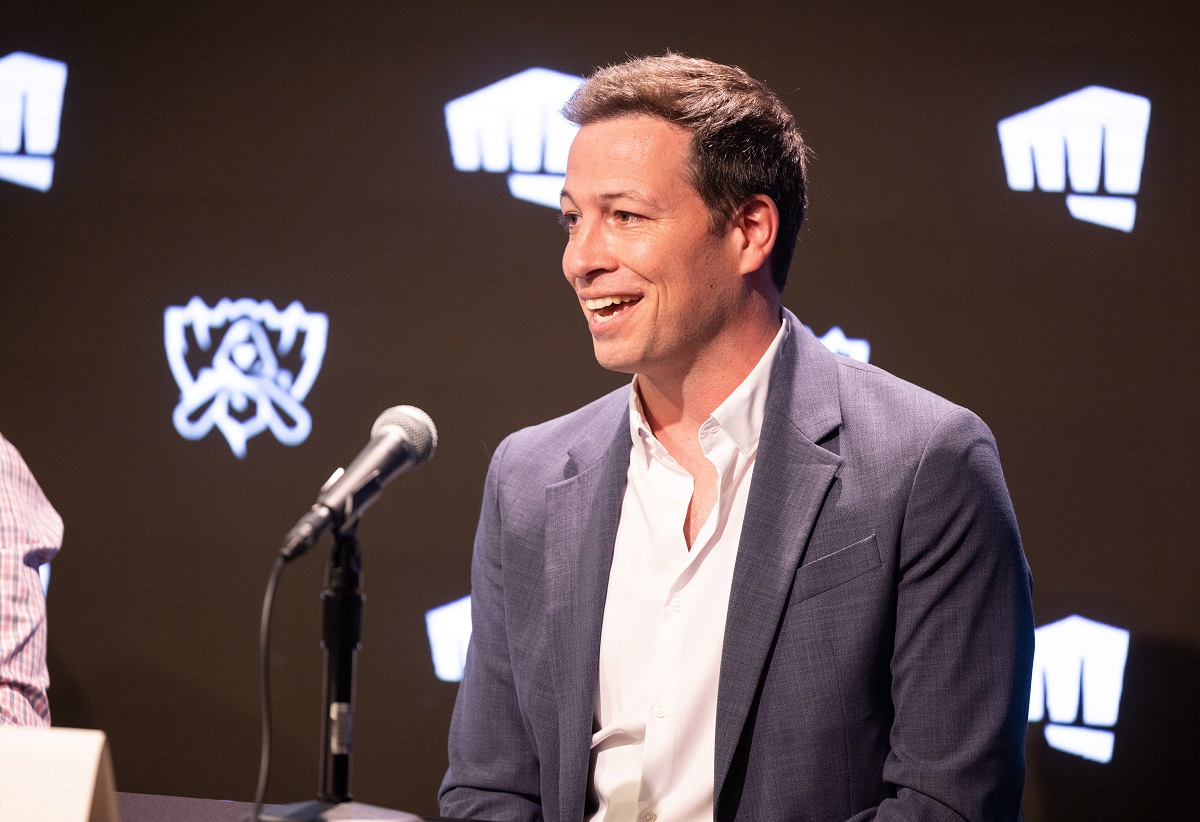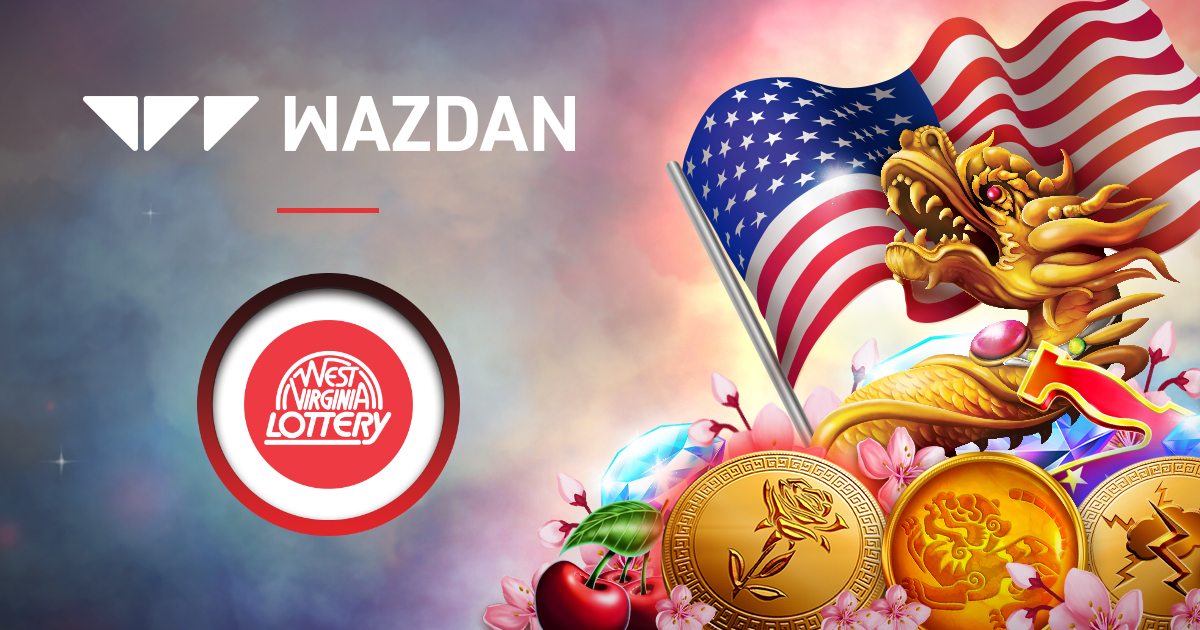
‘I Wouldn’t Be Where I Am Without UK’: UK Alumna and TV Personality Gives Back to UK Students Pursuing Careers in Esports
For University of Kentucky alumna Erin Simon, esports changed her life. The billion-dollar industry has opened doors for her she didn’t know existed. Now, a multimedia personality, host, producer and consultant within esports, gaming and entertainment, Simon wants to open those same doors for others at the university through the Erin Ashley Simon Esports Internship Fund.
“I wouldn’t be where I am without UK,” said Simon, who is a 2014 graduate of the College of Communication and Information. “UK was where I really built my journalism skills and had professors and fellow students who believed in me and my future. Now that I’m a broadcaster in gaming and entertainment, as well as a co-owner of the new esports organization XSET, it’s my turn to pay it forward.”
Home to the first-of-its-kind global gaming and esports program, UK brings together academics, community, professional development, collegiate competition and multidisciplinary research around the growing global sport. Together, UK and its gaming partner, Gen.G, are creating an innovative program unlike any other in the country.
“I wanted to start this scholarship because accessibility is not only an issue in education, but also an issue in esports and gaming,” Simon said. “I want to help create an additional route for the youth to not only gain experiences in esports and get an education but to have an amazing experience at the University of Kentucky, the same way I did when I attended.”
The Erin Ashley Simon Esports Internship Fund will include a multi-year internship, which will offer extensive mentorship and experiential learning opportunities that engage and educate students on the many facets of the dynamic esports industry that extend far beyond the classroom.
Financial support will also be provided to recipients with demonstrable financial need who wish to pursue UK’s esports program. The initiative seeks to make the UK experience possible for students who may not have otherwise had the opportunity to attend.
Leaders at the university, like Heath Price, UK associate chief information officer, believe the internship fund will add an exciting new depth and dimension to UK’s esports program, while also helping the university to reach a broader student audience.
“UK wants to be a thought leader in the esports and video game community, building a foundation of technology investment that pushes the envelope in areas of social and competitive gaming and seeks to serve important community values — democratizing access to great career opportunities; respecting people on- and offline; and intentional outreach to interested parties irrespective of race, gender or identity,” Price said.
“Practical experiences are very important in the competitive professional landscape of today and tomorrow,” Price continued. “Opportunities like the Erin Ashley Simon Esports Internship Fund, that provide a combination of experience and mentorship, have the potential to be transformative when you consider the preparation necessary to compete for jobs and pursue careers across the rapidly evolving video game and esports industries.”
The application for the internship fund will open in the fall of 2022. The criteria to apply is as follows:
- Applicants must possess a minimum of a 3.00 unweighted high school grade-point average, out of a possible 4.0.
- Applicants must possess demonstrable financial need as evidenced in their individual financial aid record.
- Esports experience with gaming ties, which can include coding, broadcasting, content creation, event organization and more is preferred.
- Applicants are holistically considered on an individual basis. Diversity in all its forms is welcome and encouraged.
The landscape of esports is ever evolving, particularly collegiate esports.
As the state’s flagship, land-grant institution, UK has a bold and vital mission — to nurture an outstanding learning community that inspires students, staff and faculty alike, preparing them for an increasingly diverse and technological world.
Not only will this fund help to fulfill the university’s mission, but it will also break barriers for students like Simon who didn’t know a future in the esports and gaming industry was possible.
“I look forward to the start of this scholarship and am so thankful for UK, JMI, Gen.G, XSET and other companies that are interested in working with me on this opportunity for our youth,” Simon said.
To learn more about the esports initiative at the university, go to: www.uky.edu/esports/.
More About Erin Simon
Erin Ashley Simon is a multimedia personality, host, producer and consultant within esports, gaming and entertainment. Her love and passion for these areas has helped to shape who she is today, pushing the culture forward, breaking barriers as a female in the industry. In doing so, Simon was the first individual female public figure to be the face of PUMA’s new esports line. Additionally, she has worked tirelessly behind the scenes in the industry to provide more opportunities for those in underserved, underrepresented and marginalized communities, working with companies like Evil Geniuses, XSET and one of the largest video game publishers, Riot Games. Simon is also co-owner of one of the fastest growing esports organizations XSET. Within her role at the organization, she is helping to shape the culture of the organization to ensure the org has content and deep-rooted connections in music, entertainment and the gaming industry. Simon has been tapped by well-known brands and organizations such as AT&T, Riot Games, Bleacher Report, TBS, EA Sports, General Motors, Google Play, Tampax, Columbia Records, PUMA, Turtle Beach, Bacardi, Crown Royal, Forbes, Gen.G, Evil Geniuses, Cloud 9, The Wall Street Journal, University of Kentucky, Bleacher Report and more. As Simon’s career moves forward, she looks to continue to build the intersection between gaming and culture, paving a path forward for future generations. Learn more about Simon at erinsimon.com.










